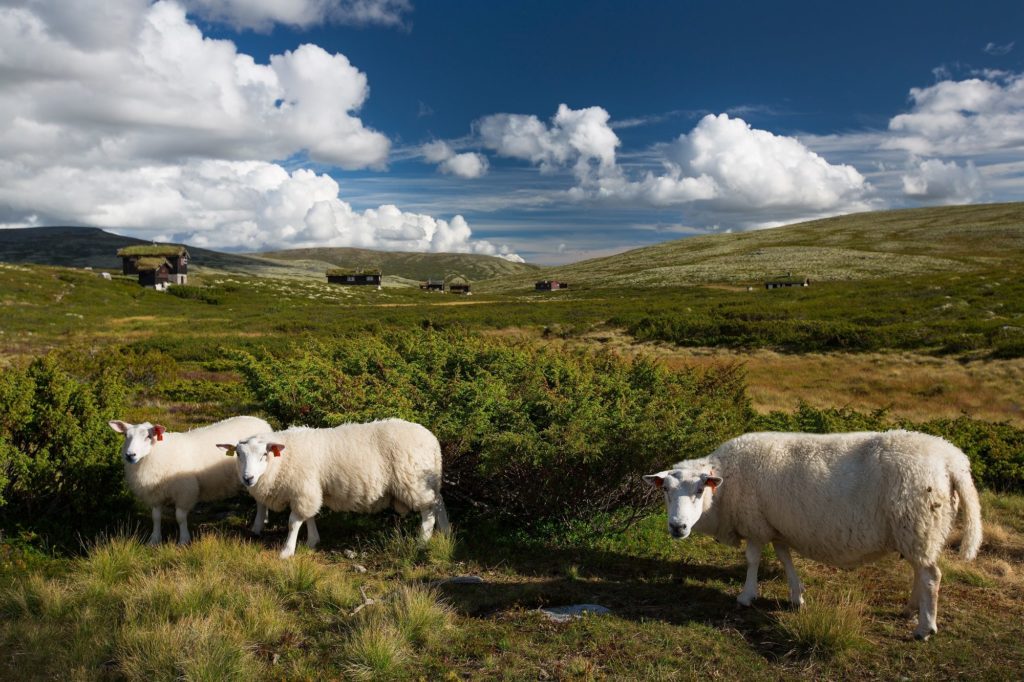Objectives. Producing the multifunctional outcomes increasingly foregrounded as required for successful (co)habitation of the planet also requires deep sociological understanding of all the multi-dimensional interactions involved, including the more than human. In this WG we focus on animals exploring questions raised by the conference around long-term residents, life-style migrants, retirees, migrant entrepreneurs, farmers, business owners and so on with due recognition of animals’ roles. Rural community social lives and their connections to innovation, climate change, social justice and knowledge production are all entangled with animals, and human interaction with other species both sustains us through food production and shapes our experiences of the world, not least through landscape reproduction. This WG thus aims to engage the conference themes from within a more-than-human perspective by placing animals centre-stage in the exploration of rural futures.
Through the WG we seek wider recognition of animals’ roles in the shaping of rural futures, potentially leading to research collaboration and a possible joint publication.
Topic: Human-animal entanglements profoundly shape society across the globe. Rural space, in particular, is subject to complex, rapidly evolving dynamics through such connections, co-produced by animals through grazing, predation, enclosure and myriad processes. Yet surprisingly given this centrality, animals have been afforded relatively little attention within rural social science. This is a major oversight, especially when we consider animal entanglements alongside challenges facing rural futures such as:
- Competing demands being made of the rural to deliver a range of goods and services, from traditional aesthetic landscapes to highly productive spaces;
- Climate change increasingly intersecting with global food insecurity to create new tensions for the more-than-human population;
- Transformative agendas, from rewilding to new intensification, challenging existing worldviews in which domesticated animals and wildlife are closely intertwined;
- Pressures of migration and urbanisation coexisting with demands for greener energy and a range of ecosystem services;
- Local vectors of change interacting with wider interests, including cosmopolitan and global forces, reconfiguring rural materiality in uneven ways;
- Farming as a site of tension: from production of animals for meat to agricultural practice generally facing challenges around control and conservation of wildlife;
- Technology and digitalization as key components of material rural reconfiguration.
Livestock, companion animals, wildlife and humans will all need to navigate complex social and technological transformations across an array of socio-economic landscapes. Rural futures depend on the partnerships, policies and understandings that emerge. Some anticipated themes include: rewilding; dystopian or utopian futures; rural as assemblage; genetically modified organisms; animals as meat; multispecies ethnography; social agency and the importance of nonhuman animals.
Format: Traditional workshop – papers presented by authors, then opening to the floor for Q&As and wider discussion
Session 1. Human-animal entanglements – Chair: Keith Halfacree
Session 2. Landscape reproduction – Chair: Dominic Duckett
Abstracts
Working Group Session 4 Thur 11:00 – 12:30
- Angela Cassidy – Care as a driver of controversy: researching and contesting badgers and bovine TB in the UK
- Erica Von Essen & Lara Tickle – Game-Players, Commodities and Pests: The Changing Roles of Animals in Hunting
- Justin Paolo Interno – Gamecocks for ‘County’ Machos in a Western-Shaped Society: Perceiving Modern-day Masculinity through the Rural Tarlac Cockfighting Derbies
- Lee-Ann Sutherland – Gentrification by horse: Assessing the embodiment of horses in rural gentrification processes
Working Group Session 5 Thur 14:00 – 15:30
- Keith Halfacree – The sheep who shape ‘something more than a human estate’: presenting a neglected rural geography
- Fiona Williams – Sheep Diaries: Exploring Everyday Sheep Landscaping
- Orla Shortall – Cows eat grass, don’t they? Contrasting sociotechnical imaginaries of the role of grazing in the UK and Irish dairy sectors
- Dominic Duckett – Animal Landscapes: new old risks on the small farm

